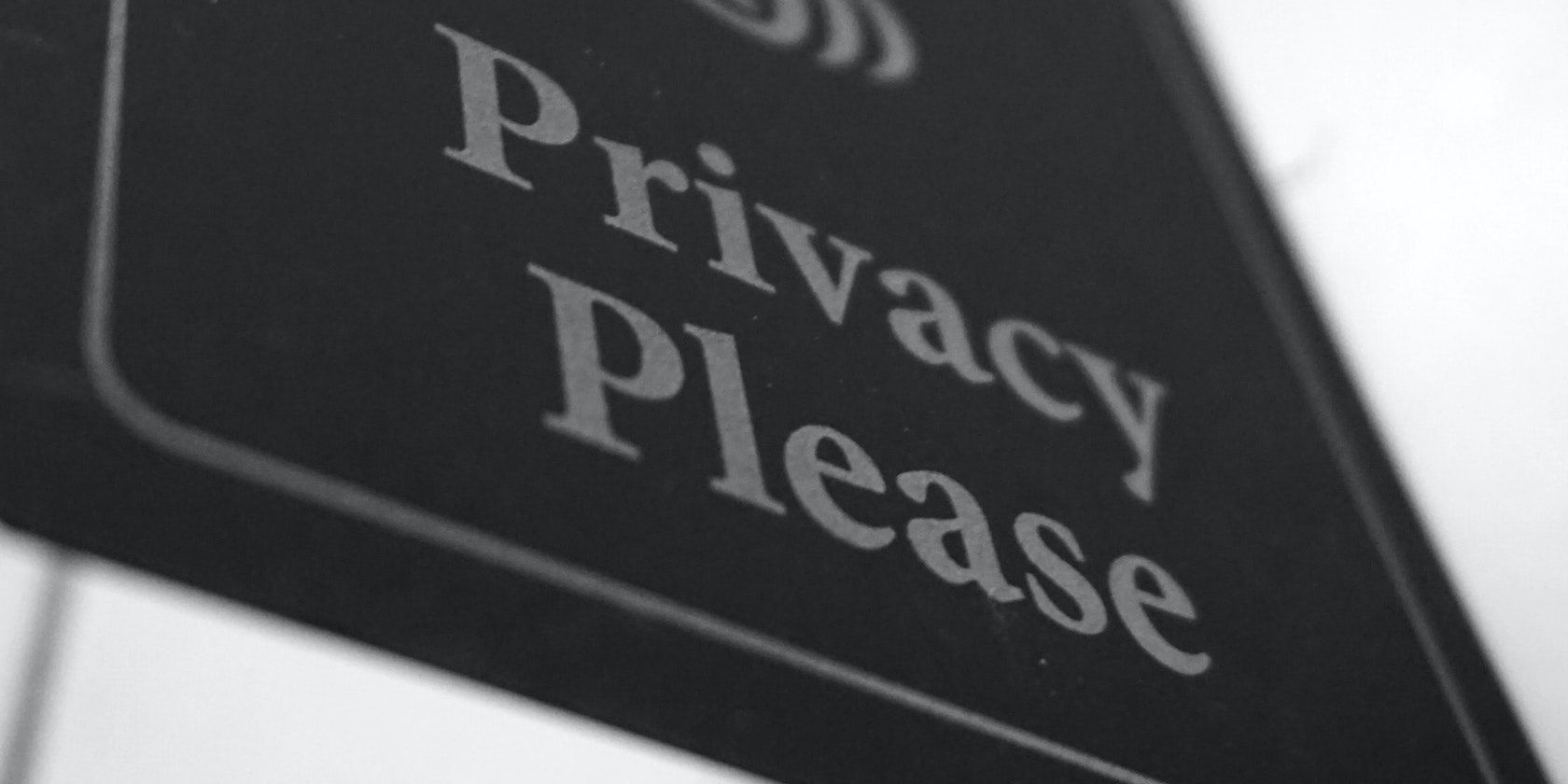Apple's new App Privacy labels are a massive step forward when it comes to transparency about how certain apps monitor users. But don't necessarily expect them to be flawless---or entirely accurate---from day one.
According to a test carried out by The Washington Post, some of the apps which receive the vaunted "Data not collected" blue check mark do, in fact, still collect data on users.
Information Not Verified by Apple
Technology columnist Geoffrey A. Fowler writes:
I downloaded a de-stressing app called the Satisfying Slime Simulator that gets the App Store's highest-level label for privacy. It turned out to be the wrong kind of slimy, covertly sending information---including a way to track my iPhone---to Facebook, Google and other companies. Behind the scenes, apps can be data vampires, probing our phones to help target ads or sell information about us to data firms and even governments.
In the case of the Satisfying Slime Simulator, which is rated suitable for ages four and above, the app reportedly sent iPhone device identification data to Facebook, Google, and a service called GameAnalytics. It also shared information about the iPhone's battery, free storage space, volume level, and general location.
Beyond Satisfying Slime, the report claims that out of "a couple dozen" apps checked, "more than a dozen" contained labels characterized as "either misleading or flat-out inaccurate."
The app labels are designed, similar to the nutrition labels on food, to reveal details about the contents. While food labels deal with things like sugar content, however, the app labels have to reveal how they use user data.
The problem with the feature, the Washington Post report claims, is that they rely on developer honesty to say how data is being gathered, and to confirm that the information is accurate. As Apple notes in its small print, "This information has not been verified by Apple."
While most developers will hopefully abide by an honor system---especially when there's a risk of being booted out of the App Store if they mislead users---it seems likely that a certain minority could lie.
Apple spokeswoman Katie Clark-AlSadder told the Washington Post that:
Apple conducts routine and ongoing audits of the information provided and we work with developers to correct any inaccuracies. Apps that fail to disclose privacy information accurately may have future app updates rejected, or in some cases, be removed from the App Store entirely if they don't come into compliance.
To Trust or Not To Trust
Ultimately, it's tough to know how much stock to put in all of this. The report notes that it looked at only a small selection of the apps offered in the App Store. Many developers have yet to post labels, which they must only do when they want to submit an app update.
Nonetheless, it's enough to sound early warnings that---despite how stringent the new rules may be---there's still the possibility of apps that track users slipping through the cracks.
Image Credit: Jason Dent/Unsplash CC

